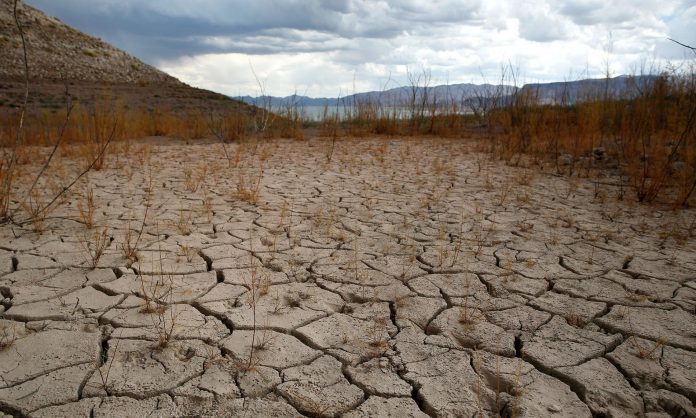This new scheme of relief initially will be limited to women who have obtained micro finance loans for non-consumption purposes in the drought-affected districts. The 12 districts that were affected by the recent drought are Trincomalee, Ampara, Batticaloa, Jaffna, Mullaitivu, Kilinochchi, Vavuniya, Mannar, Kurunegala, Puttalam, Anuradhapura and Polonnaruwa where cultivations were affected consecutively for five seasons.
Accordingly, Finance and Mass Media Minister Mangala Samaraweera said that women who obtained such loan amounting to Rs 100,000.00 and below can apply for complete write off of the interest and the capital payment.The General Treasury will reimburse the loss incurred by the micro finance companies for having written off the capital component.
The government has allocated Rs.500 million for this year to initiate the reimbursement programme. The micro finance companies will have to absorb the interest component of the loan written off.The persons who are benefitted by this debt relief programme will be included on a priority basis to provide new loan facilities from interest subsidy loan scheme launched under the Enterprise Sri 2018–07-24 Lanka programme with a maximum of two year grace period. Further, they will also be given priority under Government’s subsidised programmes and other rural livelihood schemes implemented through co-operative societies as envisaged in the Budget -2018 proposal.
Micro finance institutions are currently providing micro loans without collateral through a door-to-door strategy of high interest rate loans amounting to 40 percent to 220 percent per annum for women seeking economic activities and income generation sources. When multiple loans are obtained under micro finance scheme, people have to pay much higher interest than the initial loan amount due to higher interest premium. Therefore, the government has taken the timely action to protect the rural women from falling in to a debt trap by imposing an interest rate cap of 30 percent on future loans.
















